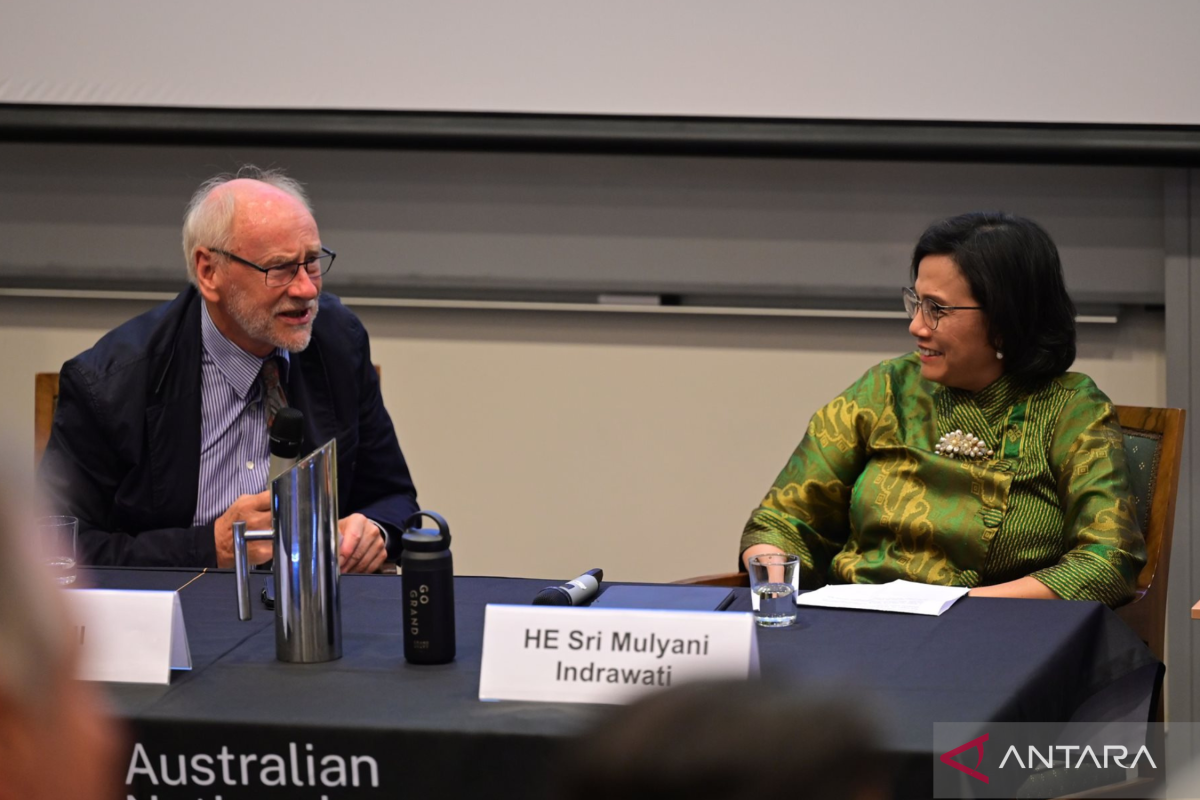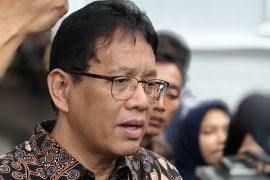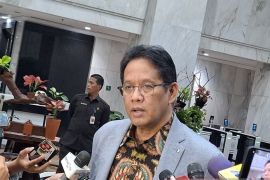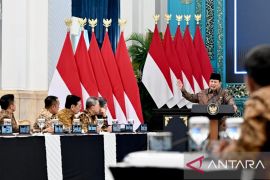Currently, the Indonesian economy tends to grow in the range of five percent. Hence, the minister underscored the need to implement structural reforms to boost Indonesia's competitiveness at the global level.
“Structural reform requires hard work. Increasing economic growth by one to two percent really needs proper structural reform," she stated during the Public Lecture of the Indonesia Project and The Australian National University (ANU) in Canberra, Australia, as quoted from an official statement on Wednesday.
She also outlined several challenges that should be addressed to achieve this target, such as the global financial crisis, high inflation, geopolitics, and climate change.
According to Mulyani, a combination of structural reforms and fiscal policies is also needed to achieve growth. Indonesia cannot achieve higher economic growth if the country still has a high state budget deficit.
"This will not be sustainable. It may be fine in the short term but not good in the medium term," she stated.
Until now, she noted that the state budget still plays an important role as a shock absorber and in maintaining national stability and solid economic growth.
Related news: Indonesia needs above five-percent growth to become developed nation
In future, she targeted the state budget to protect society and maintain the momentum of economic recovery, especially in responding to various global economic uncertainties.
In this way, the state budget can be utilized to provide basic services, such as immunization and vaccination to all children in Indonesia and remote areas, the minister remarked.
The minister noted that the government will continue to uphold its commitment to improving the quality of human resources through an education budget allocation of at least 20 percent of the state budget.
Moreover, the state budget will be utilized to assist the most vulnerable communities from being affected by various shocks through social safety nets, Mulyani stated.
On the other hand, she emphasized that the need to build infrastructure is also important to support Indonesia to become a developed country. A combination of fiscal policy and private sector involvement is important to realize the target.
“Some infrastructure can be built by the private sector. A cooperation between the government and the private sector must be well-managed," she stated.
Hence, the minister remarked that fiscal tools are currently developing instruments to reduce risks or provide guarantees for the private sector's involvement by still minimizing moral hazard.
Related news: Govt to continue building strong economic foundation in 2024: Minister
Related news: Nusantara development to make Indonesia a developed country: OIKN
Translator: Agatha Olivia V, Resinta Sulistiyandari
Editor: Yuni Arisandy Sinaga
Copyright © ANTARA 2023












